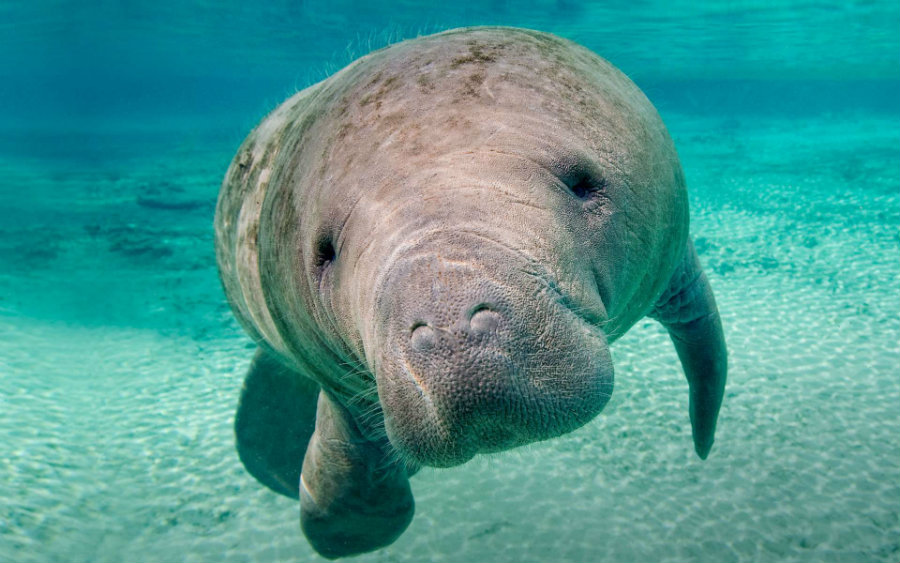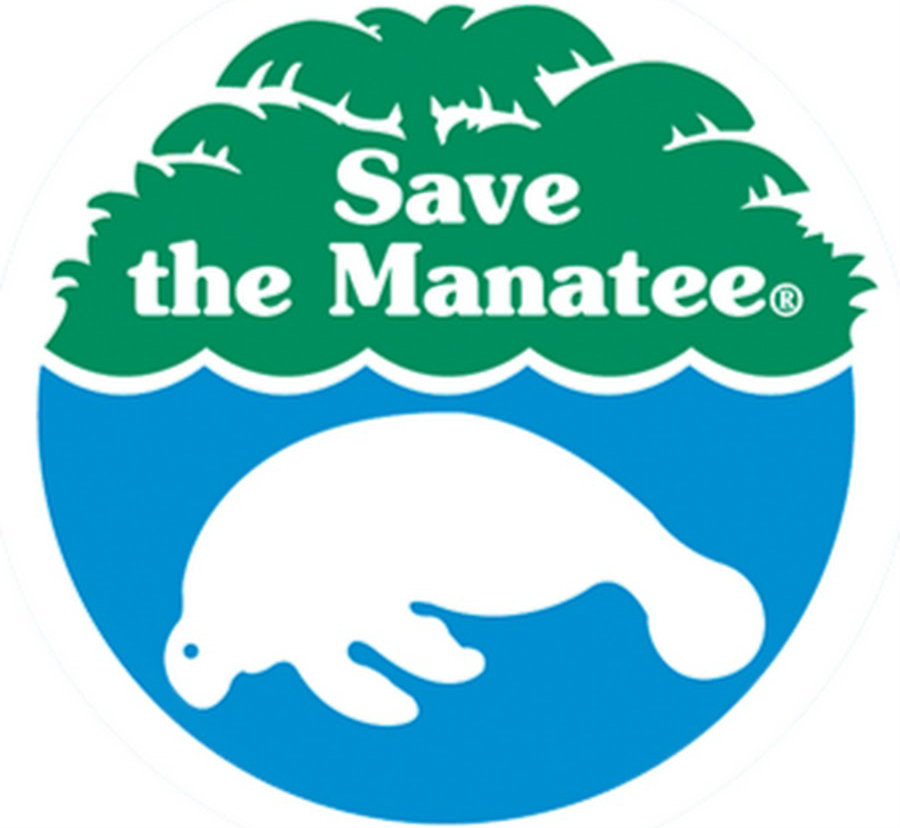Manatees are searching for warm waters to survive winter and their migration often leads them to waters where boats are standard. November is designated as the Manatee Awareness Month, and The Florida Fish & Wildlife Conservation Commission is urging boats to slow down to not hurt the mammals, which are an endangered species.
The Florida Fish & Wild Conservation Commission has warned that manatees in the state can pose a risk for the boats and the animals themselves because of the screw. The manatee is Florida’s official state marine mammal, and around this time, these friendly animals leave their summer shelters to go to warmer waters during winter, which often includes national parks in the state that are frequently visited by humans and their boats.

During summer, manatees live in rivers, estuaries, and bays, and when winter comes, they search for warmer waters. Natural springs and artificial warm-water sites made of the effluents of power plants are manatees winter refugees.
The gray mammals cannot survive in waters with temperatures below 68 degrees Fahrenheit and to save the species people need to be aware of their presence in their winter homes to avoid accidents. Florida wildlife officials have confirmed 91 manatee deaths caused by boats in 2016 so far.
Florida knows that these animals change their habitats during winter and have a program to protect zones where manatees often travel to stay warm. Seasonal protection zones to keep safe the 1,000-pound marine animals are planned to be set Tuesday, November 15.
The state’s past efforts to preserve the species have worked. The Florida Fish & Wildlife Conservation Commission conducted an aerial survey in February to assess how many manatees were in the area. The agency found that the number of the endangered subtropical mammal have been on the rise and counted 6,250 manatees.
The reasons manatees are vulnerable against boats is because they do not understand the screw can injure them. People tried to avoid hitting them, but they are hard to spot under the water. The only hint to know they are nearby is watching the sand underwater and search for circular traces that are left by the manatees’ powerful tails.
Save the Manatee Club: Education is essential to protect manatees
Patrick Rose is the executive director of the Save the Manatee Club and in an editorial to Boca Beacon website and said that education is primary in any conservation effort. The club spends a significant part of their time and resources in raising awareness about the giant mammals, their habitats, and the threats surrounding them.
Manatees are mostly at risk of being hit by a boat, which can kill them or hurt them seriously. Water pollution from excessive nutrients that comes from roads and lawns and reductions in spring flows and surface water levels are also dangerous for the gray mammals. Overpumping water for agriculture and other activities could eliminate manatees from Earth, and the club thinks it is important to teach people about how to keep them safe.

The Save the Manatee Club, gives free waterway signage, boating banners, navigation cards and educational posters to raise awareness about manatees in Florida and avoid more deaths.
The club also offers educational materials to teachers that include a guide and classroom activities to learn interesting manatees facts. The Save the Manatee Club also encourages people to see the animals interacting in their habitats through the Club’s webcam available through ManaTV.org. The website is an educational opportunity for people to see the magnificent creatures that live in the waters of Blue Spring in Orange County, Florida.
There is another option that will definitely make people understand what are the consequences of human presence in manatee’s habitats: Adopting an orphaned manatee.
“Each adoptive parent learns about the species by following the manatee they’ve adopted through adoption materials and follow-up newsletters. Sometimes the conservation of a species can be overwhelming, because there are so many factors involved, along with complicated scientific facts. But adopting a real, living manatee makes it all personal, and people seem to like that a lot,” explained Patrick Rose.
If you see a sick, injured or orphaned manatee, you can report it to the Florida Fish & Wild Conservation Commission’s hotline number at 1-888-404-3922
Source: Boca Beacon
